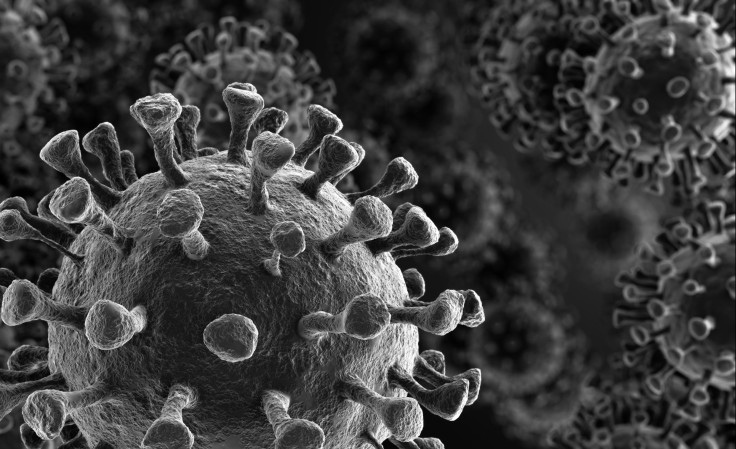
The quality of gut health may have a direct implant on a healthy person’s chances of developing severe COVID-19 symptoms. These are the preliminary findings of a study that has not been peer-reviewed yet.
The findings, published in pre-print website medRxiv, suggests that more than 60 percent of the patients with COVID-19 suffer from severe gastrointestinal symptoms such as diarrhea and vomiting. The same group also tends to have a serious form of coronavirus disease.
This led researchers to further investigate. They discovered that coronavirus attached to the ACE2 enzyme. The same enzyme regulates intestinal inflammation and controls the quality and proportion of good and bad bacteria in the gut. Therefore, it has a direct role to play in cardiac and pulmonary diseases.
"Taken together, the available evidence suggests a potential role of gut microbiota in the susceptibility of COVID-19 progression and severity,” the team of researchers reports in the preliminary findings.
During the research, the team compared used the blood protein data from COVID-19 patients and genome and microbiome data of over 2400 non-affected people in China to arrive at a blood proteomic risk score (PRS). This score predicts whether a COVID-19 patient will get a severe form of infection.
Machine learning was then applied to identify correlate blood protein biomarkers of COVID-19 with the gut microbes. The make-up of gut microbes and blood proteins was also studied using machine learning, which confirmed that a link between PRS and gut microbiome.
Good gut health is an indicator of good immunity against infectious diseases such as COVID-19. To maintain good microbiome diversity in the gut, people are advised to consume high-quality plant-based foods that are rich in fiber and avoid the consumption of processed foods.
Nuts, seeds, vegetables, fruits and whole grains are considered healthy while highly salty, sugary and fried foods may reduce gut microbiome quality. Frozen fruits, pulses and beans are equally good for the gut.
Including probiotics in the diet helps with the development of good bacteria as well. Probiotics are foods that contain live bacteria. Yogurt, cheese, fermented milk and tea are some of the examples of natural probiotics.
© 2025 Latin Times. All rights reserved. Do not reproduce without permission.




